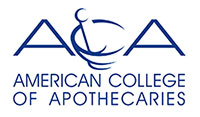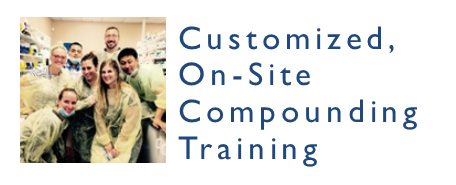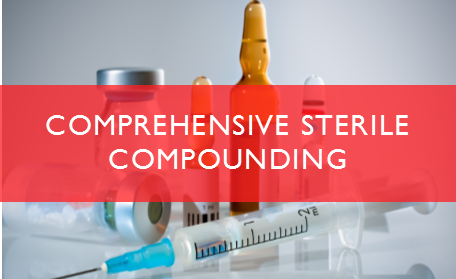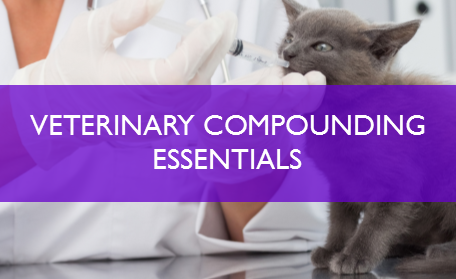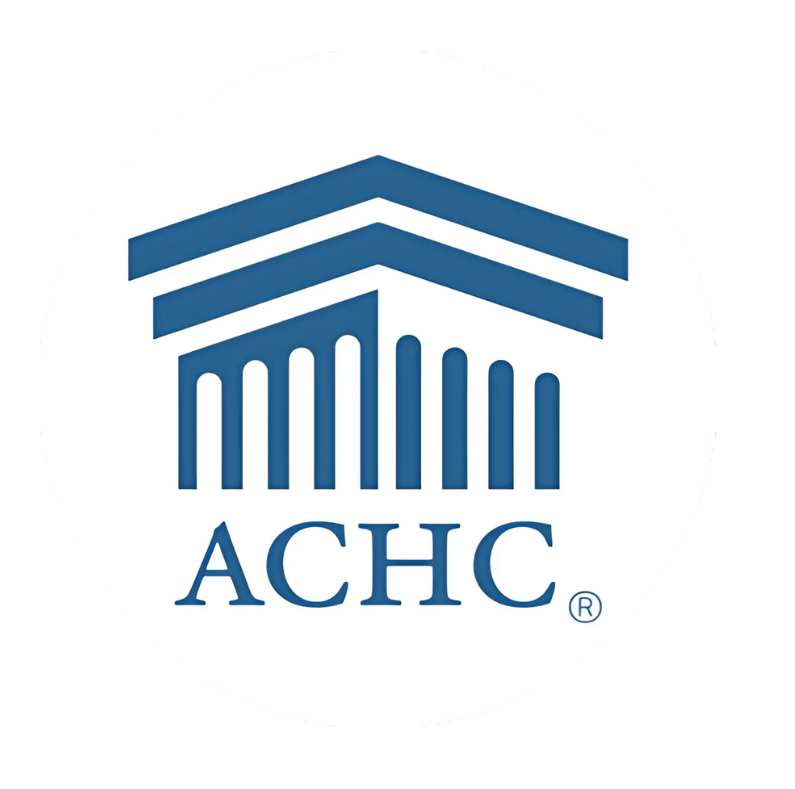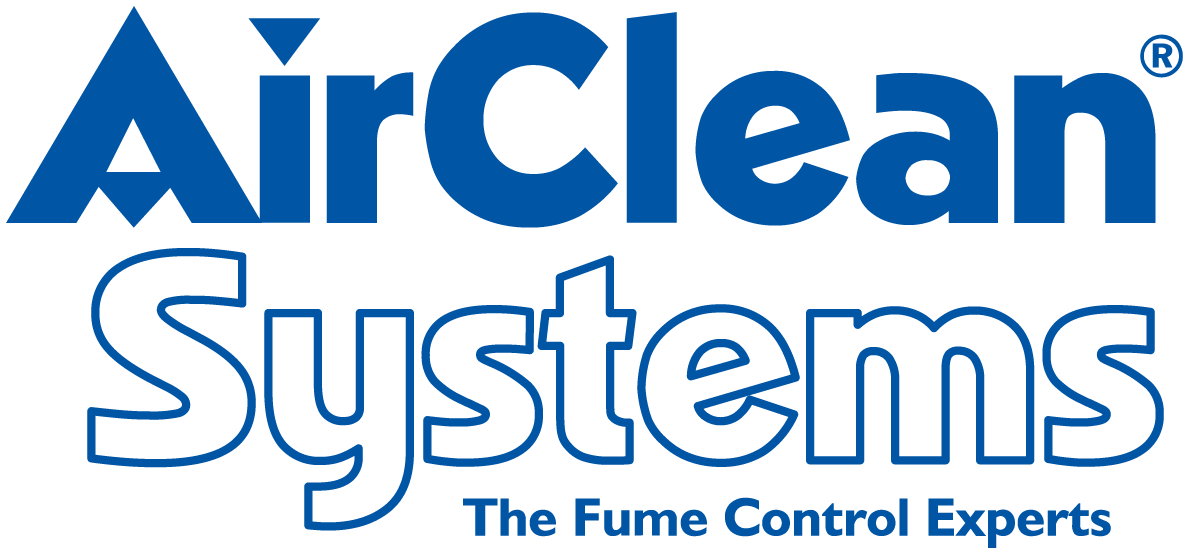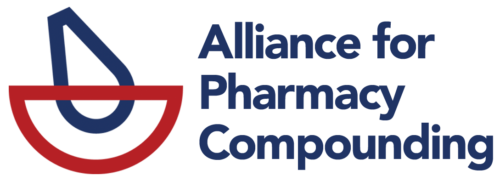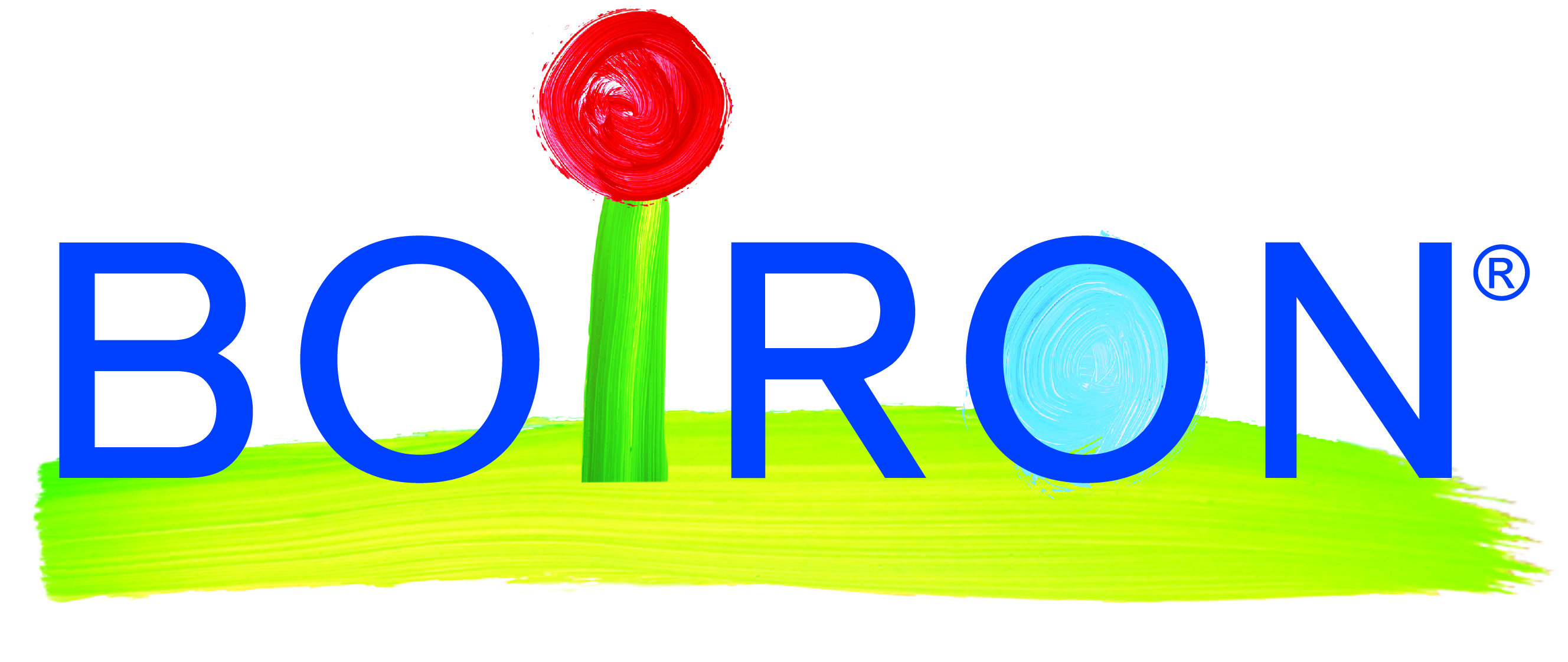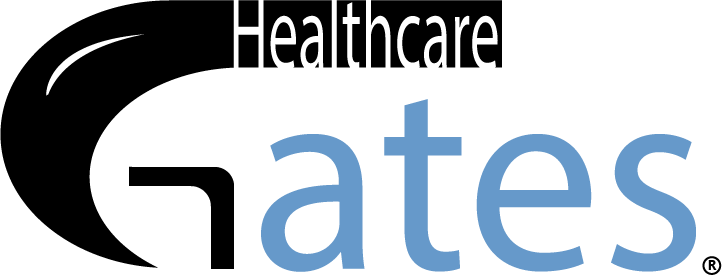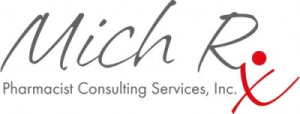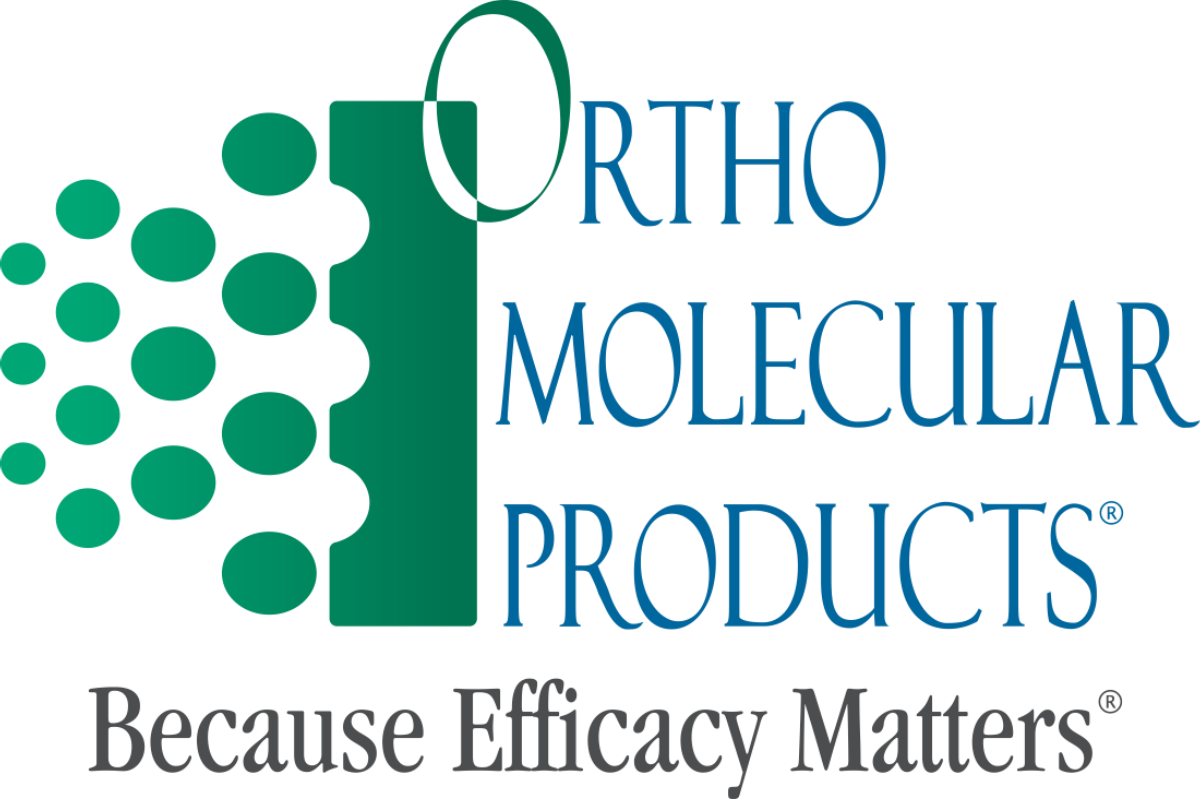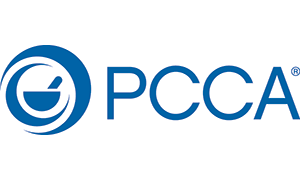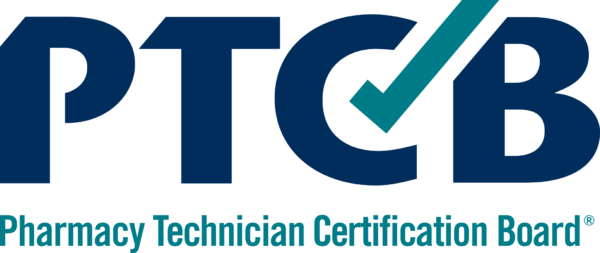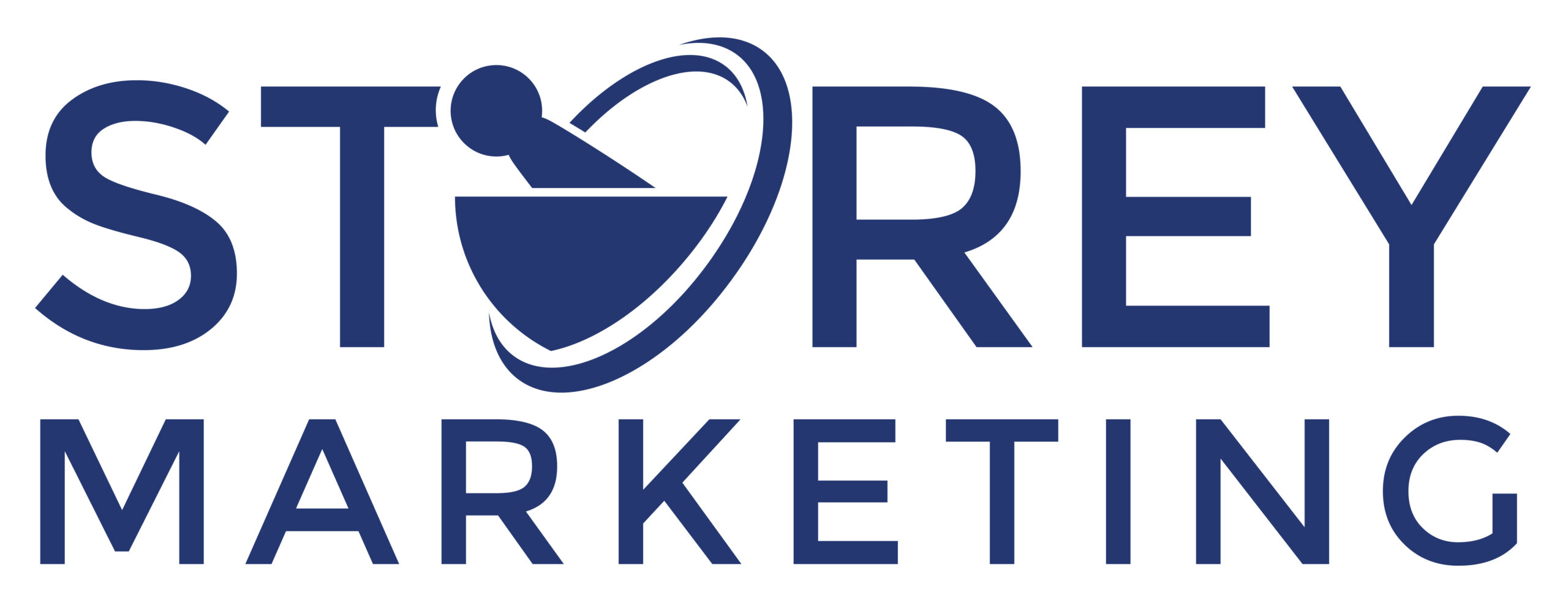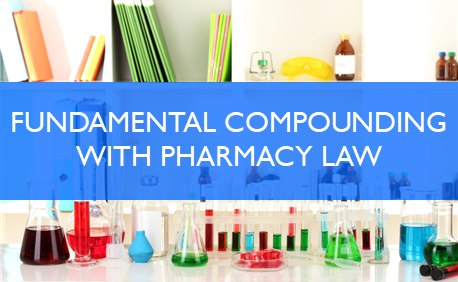
REGISTER EARLY & SAVE $70!
Special promotional pricing will be automatically applied to all registrations completed six weeks before the beginning of class. No code necessary; does not apply to student pharmacist rate. The best value in compounding training just got a little better.
Your Site. Your Staff. Your Schedule
The ACA can present any of the current compounding training courses or business management training on location, or design a custom class (with or without CE) to meet a pharmacy’s needs.
FUNDAMENTAL COMPOUNDING WITH PHARMACY LAW is a 3-day accredited course that offers 20 hours (2.0 CEUs) of continuing education, including 1 hour (0.1 CEUs) focusing on pharmacy law. This course is tailored for pharmacists, pharmacy technicians, and students who are new to compounding or seeking a refresher. Additionally, physicians and other healthcare professionals are encouraged to participate.
Attending a Fundamental Compounding with Pharmacy Law Course is important because it enhances legal compliance, promotes patient safety, addresses ethical considerations, supports quality assurance, facilitates risk management, and promotes professional development. These factors collectively contribute to maintaining high standards of pharmaceutical care and ensuring the well-being of patients receiving compounded medications.
Content Highlights:
- Understanding the principles of compounding medications, including dosage forms, ingredients, and techniques.
- Hands-on experience in a simulated compounding laboratory environment to practice compounding skills under supervision.
- Comprehensive overview of federal, state, and local laws governing compounding practices.
Our program offers individual attention and interaction due to our low instructor/participant ratio. It is designed to showcase skills that participants can apply right away. For more information on the ACA Compounding Training Instructors, visit acainfo.org/instructors.
*Funding for this course is provided in part by an unrestricted educational grant from the ACA Research and Education Foundation.
DAY ONE
Classroom
- Introduction to Compounding
Lab
- Lab Safety, Garb & PPE
- Cleaning & Use of the PEC
- Calibration & Use of the Electronic Balance
Lunch (45min – 1hr)
Classroom
- Quality Compounding
Classroom
- Solutions & Suspensions
Lab
- Principles of Geometric Dilution
- Suspensions & Solutions
Adjourn (as you finish approx. 5 pm)
DAY TWO
Classroom
- Regulatory Update
- Documentation
- Capsules
Lab
- Capsules
Lunch (45min – 1hr)
Classroom
- Molded Dosage Forms
Lab
- Capsules (continued)
- Molded Dosage Forms
Adjourn (as you finish approx. 5 pm)
DAY THREE
Classroom
- Hazardous Drug Handling
- Topicals
Lab
- Topicals
Adjourn (as you finish approx. 12 pm)
Fundamental Compounding – Introduction to Compounding (8h)
UAN: 0201-0000-24-017-L07-P/T | Knowledge Based
- Define nonsterile compounding and practices within the scope of USP <795> Pharmaceutical Compounding – Nonsterile Preparations
- Define Quality Assurance and Quality Control
- Explain facility and environmental monitoring requirements
- Explain the use, maintenance, and cleaning of primary engineering controls
- Calibrate the electronic balance and determine minimum accurate weighable quantity
- Discuss commonly compounded nonsterile preparations (CNSPs) and potential stability issues
- Select components appropriate for use in CNSPs and evaluate information contained on the certificate of analysis
- Assign appropriate beyond-use dates to CNSPs
- Summarize necessary label and labeling information
- Demonstrate proper donning and doffing of garb/PPE and safe lab practices
- Practice mixing components using the Principles of Geometric Dilution
- Compound solutions and suspensions while demonstrating appropriate use of equipment and proper compounding techniques
- Clean and sanitize compounding equipment and work areas
Fundamental Compounding – Regulatory Update (1h)
UAN: 0201-0000-24-018-L03-P/T | Knowledge Based
- Identify regulations and standards pertaining to nonsterile compounding
- Explain requirements for selection of components used in compounding
- Review key FDA guidance documents
Fundamental Compounding – Documentation (2h)
UAN: 0201-0000-24-019-L07-P/T | Knowledge Based
- Outline the framework for a quality assurance program
- Specify SOPs needed for nonsterile compounding
- Identify master formulation record and compounding requirements
- Discuss quality control procedures
- Describe requirements for personnel training and competency
- Explain other USP <795> documentation requirements
Fundamental Compounding – Capsules (2.5h)
UAN: 0201-0000-24-020-L07-P/T | Application Based
- Compare characteristics of capsules
- Determine ingredient proportions
- Demonstrate proper donning and doffing of garb/PPE and safe lab practices
- Compound capsules while demonstrating appropriate use of equipment and proper compounding techniques
- Perform quality control procedures
- Clean and sanitize compounding equipment and work areas
Fundamental Compounding – Molded Dosage Forms (2.5h)
UAN: 0201-0000-24-021-L07-P/T | Application Based
- Compare characteristics of suppositories and troches
- Discuss factors that discuss the choice of base
- Demonstrate proper donning and doffing of garb/PPE and safe lab practices
- Compound suppositories and troches while demonstrating appropriate use of equipment and proper compounding techniques
- Perform quality control procedures
- Clean and sanitize compounding equipment and work areas
Fundamental Compounding – Hazardous Drug Handling (1.5h)
UAN: 0201-0000-24-022-L07-P/T | Knowledge Based
- Describe facility requirements
- Differentiate between primary and secondary engineering controls
- Identify the role and responsibilities of the designated person
- Select which drugs must be included on a facility’s HD list
- List required policies and procedures
- Differentiate between deactivation, decontamination, cleaning, and disinfection
- Describe PPE requirements for nonsterile HD compounding
- Determine when an assessment of risk may be used
- List training requirements for personnel who handle HD
Fundamental Compounding – Topicals (2.5h)
UAN: 0201-0000-24-023-L07-P/T | Application Based
- Compare characteristics of topical dosage forms
- Discuss factors that discuss the choice of base
- Demonstrate proper donning and doffing of garb/PPE and safe lab practices
- Compound a cream, ointment, and gel while demonstrating appropriate use of equipment and proper compounding techniques
- Perform quality control procedures
- Clean and sanitize compounding equipment and work areas
ACA | ACVP | PPHI Member
- MEMBER BENEFIT: Save $100 when you add a 2nd attendee from the same pharmacy for only $1345.
Non-Member
Non-Member Student Pharmacist
REGISTER EARLY & SAVE $70!
Special promotional pricing will be automatically applied to all registrations completed six weeks before the beginning of class. No code necessary; does not apply to student pharmacist fees. The best value in compounding training just got a little better.
2025 Fundamental Compounding with Pharmacy Law
Date Selection for 2025 Fundamental with Pharmacy Law Training Classes
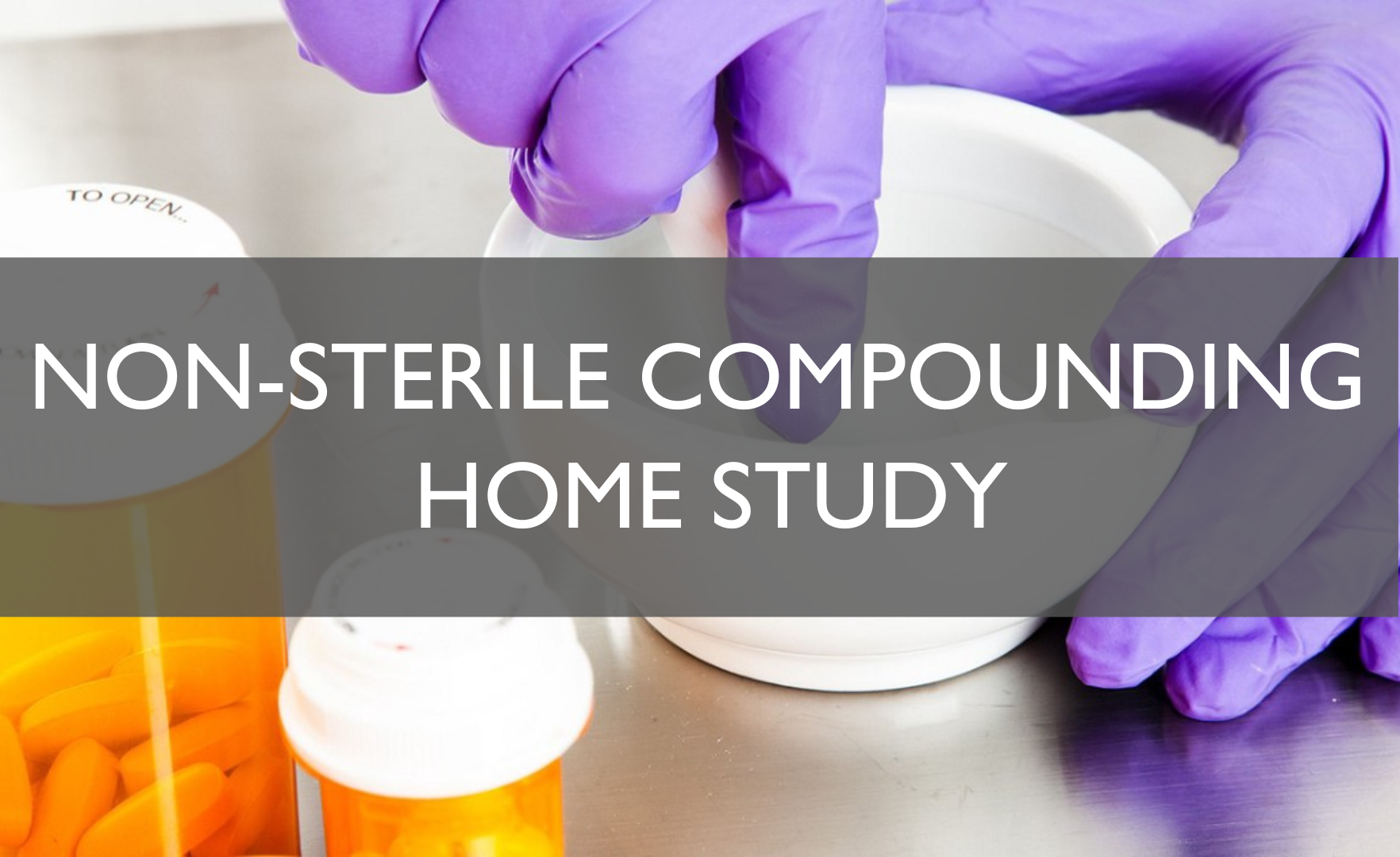

Want more flexibility and set your own study hours?
Non-Sterile Compounding Home Study is a 10-hour knowledge-based home study learning program designed for compounding pharmacists and technicians that covers a broad overview of nonsterile compounding, including the regulations and standards that apply, along with discussions of each of the typical dosage forms and prepared by compounders. The calculations module provides detailed explanations and examples and is a guide to help develop proficiency in common pharmaceutical calculations.
ATTENDEE CANCELLATION POLICY
If attendee cancels 30+ days before event – full refund less 5% administrative fee
If attendee cancels 29-14 days before event – 50% refund
If attendee cancels 13-1 days before event – no refund
On occasion, ACA may need to reschedule or cancel a class due to circumstances beyond our control, and attendees should plan travel accordingly. We recommend purchasing travel insurance or booking with an airline that will allow you to reschedule your flight if the need arises.
ENROLLMENT POLICY
Enrollment in ACA Pharmaceutical Compounding Training Courses is not limited to members of ACA. Participants registering as student pharmacists must be currently enrolled in an accredited school of pharmacy and be able to provide proof of status. Class spaces for student pharmacists may be limited.
ACA CONTINUING PHARMACY EDUCATION PROGRAM
The mission of the American College of Apothecaries (ACA) Continuing Pharmacy Education Program is to conduct educational programs that empower pharmacy professionals to provide exceptional patient care. Learn more about the CPE Program’s Goals and Policies.
DISCLOSURES
The planners and faculty of this activity have no relevant financial relationships with ineligible companies to disclose. No commercial support was received for this activity.
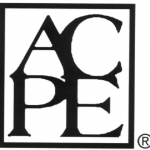 Fundamental Compounding with Pharmacy Law, a certificate program, has been approved for a total 20 contact hours (2.0 CEUs) and (1.0 CEUs) of Law continuing education credits. See learning objectives for individual numbers. Attendees will be required to complete an evaluation form at the completion of the program. Attendees requesting CE will be required to provide their NABP e-Profile ID and birthdate (MMDD) to receive credit for any ACPE-accredited CPE session. Any unclaimed credit with a date of participation that is 6 months and older will not be eligible for processing.
Fundamental Compounding with Pharmacy Law, a certificate program, has been approved for a total 20 contact hours (2.0 CEUs) and (1.0 CEUs) of Law continuing education credits. See learning objectives for individual numbers. Attendees will be required to complete an evaluation form at the completion of the program. Attendees requesting CE will be required to provide their NABP e-Profile ID and birthdate (MMDD) to receive credit for any ACPE-accredited CPE session. Any unclaimed credit with a date of participation that is 6 months and older will not be eligible for processing.
The American College of Apothecaries, Inc. is accredited by the Accreditation Council for Pharmacy Education as a provider of continuing pharmacy education. All sessions carrying the ACPE program number are approved for continuing education credit.
